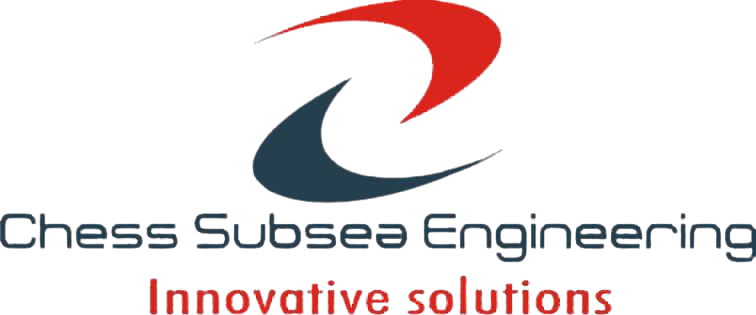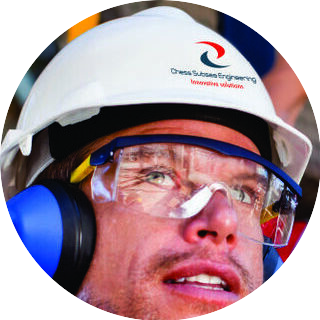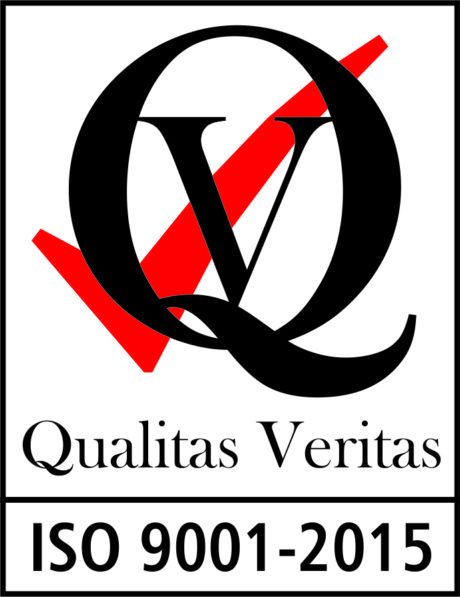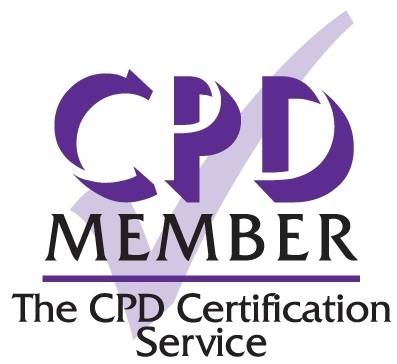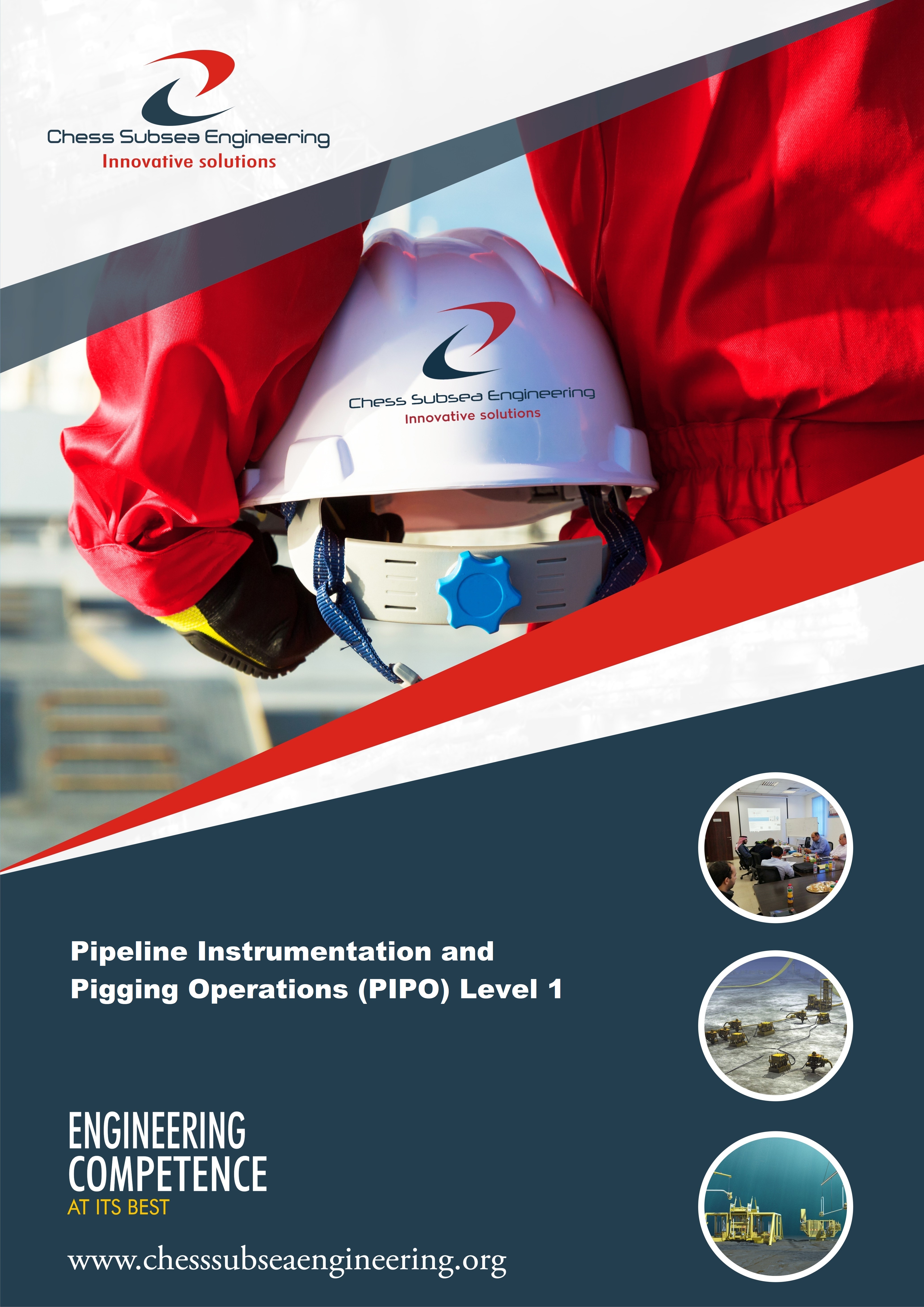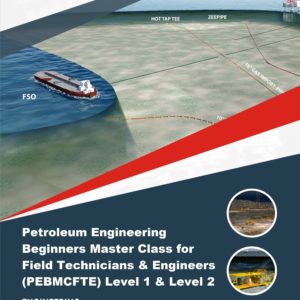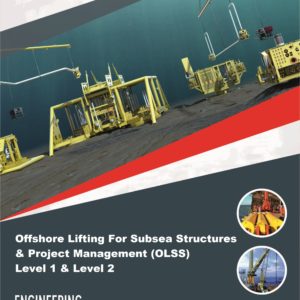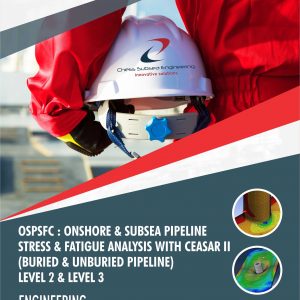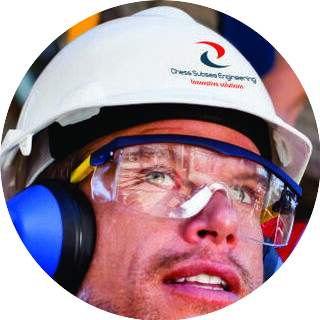Description
Pipeline instrumentation and pigging are important aspects of pipeline maintenance and operation in the oil and gas industry. Pipeline instrumentation involves the use of various sensors and instruments to monitor pipeline conditions, such as pressure, temperature, flow rate, and pipeline integrity. This information is critical for ensuring the safe and efficient operation of pipelines.
Pigging is the process of cleaning and inspecting pipelines using specialized devices called “pigs”. Pigs are inserted into the pipeline and pushed through by the flow of the fluid, scraping the inside of the pipeline and removing debris and buildup. Pigs can also be used to inspect the inside of pipelines for damage or corrosion, and to perform various maintenance tasks.
Pipeline instrumentation and pigging are critical for ensuring the safe and efficient operation of pipelines in the oil and gas industry. Regular monitoring and maintenance can help prevent pipeline failures and ensure that oil and gas can be transported safely and efficiently.
This course covers Reasons for Pigging Operations, Pigging Categories, Selection Criteria, Foam Pigs, Solid Cast Pigs, Spherical Pigs or Spheres, Cleaning Pigs, Sealing Pigs, Mandrel Pigs, Inline Inspection Tools, Data needed for Inline Inspection Tools, Ultrasonic Inspection Tools, Types of Gel Pigs, Principles & Application of Gel Pigs, Dual Diameter Pigs, Multi Diameter Pigs, Pig Stucking Issues, Challenges & Solutions, Pig Motion Engineering Analysis & Calculations and more
Course Outline
Introduction to Pipeline Pigging
Reasons for Pigging Operations
Pigging Categories
Selection Criteria
Foam Pigs
Solid Cast Pigs
Spherical Pigs or Spheres
Cleaning Pigs
Sealing Pigs
Mandrel Pigs
Inline Inspection Tools
Data needed for Inline Inspection Tools
Ultrasonic Inspection Tools
Introduction to Gel Pigs
Types of Gel Pigs
Principles & Application of Gel Pigs
Dual Diameter Pigs
Multi Diameter Pigs
Why do Pig Stuck
Sphere Jammed in Off Take Issues & Solution
Incorrect Sized Pig Components Issues & Solutions
Incorrect Valve / Valve Not Open Issues & Solution
Insufficient Information (Wrong Bend Radius) Issues & Solution
Pig Pushing On Pig in Front Issues & Solution
Colliding Pigs Issues & Solutions
High Friction Pigs Issues & Solution
Plugging With Wax Issues & Solution
Debris In the Line Issues & Solution
Flowaround the Pig Issues & Solution
Insufficient Sealing Length Issues & Solution
Nose Down Issues & Solution
Reversal Issues & Solution
Proximity of Components Issues & Solution
Buckling of Sealing Issues & Solution
Reducer Length Issues & Solution
Bypass with Reduction in Flow Issues & Solution
Dual Module Pig with Leakage Issues & Solution
Wear Issues & Solution
Coupling Damage Issues & Solution
Trapped Cavities Issues & Solution
Tearing Seals Out of Boltholes Issues & Solution
Pigs In Free Fall Issues & Solution
Environmental Issues Issues & Solution
Case Studies Issues & Solution
Drag Force on the Pig
Pig Velocity
Leakage
Practical calculation showing the velocity of pig and percentage of the leakage flow
Technical Support References
Ref 1: Pigging Operations
Ref 2: Utility Pigs
Ref 3: Pigging Inspection Tools
Ref 4: Gel Pigs
Ref 5: Pig Stucking Issues, Challenges & Solutions
Ref 6: Pig Motion Engineering Analysis & Calculations with case study
Ref 7: Pipeline Launcher and Receiver Steps
Ref 8: Pipeline Cleanliness Assessment Steps
Ref 9: Pigging Pipeline Flushing Method Steps
Ref 10: Pigging Operations Steps
Ref 11: Gel Pig Operations Steps
Ref 12: Types of Pipeline Pig
Ref 13: Ultrasonic Intelligent Pigging with Steps
Ref 14: Pipeline Inspection Technique with Steps
Ref 15: Pipeline Pigging JSA & Pigging Operations
Assessment
Participant underpinning knowledge of Pipeline Instrumentation and Pigging Operations will be accessed with short answer multiple-choice questionnaire and case studies at the conclusion of the course.
Professional Certificate
Issued directly by Chess Subsea Engineering Europe.
How to Register
Click here to download registeration booklet on msword and email completed booklet to info@chesssubseaengineering.org directly.
